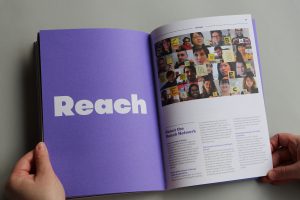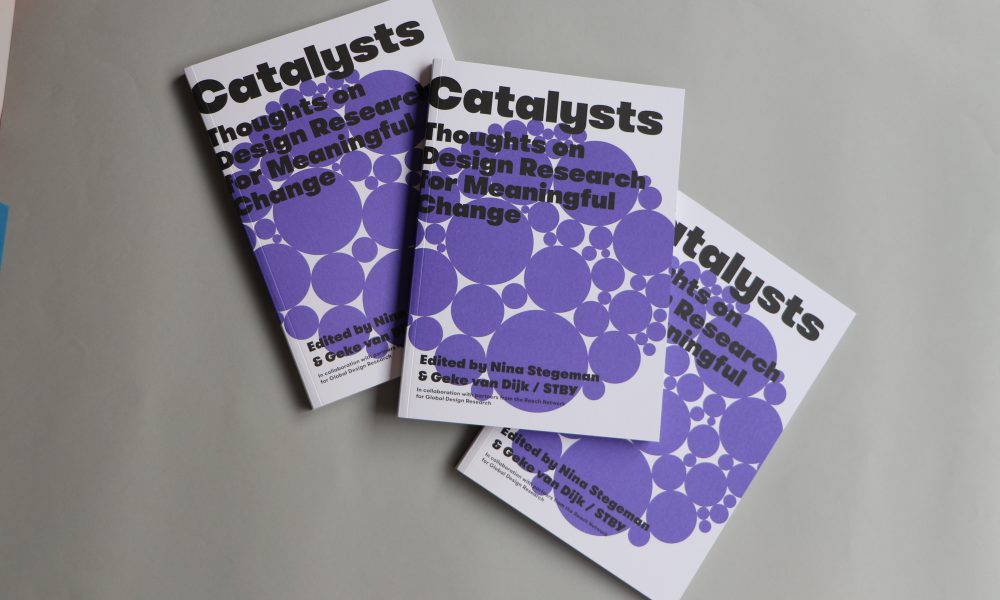Creatives, designers and researchers often find themselves in the role of ‘Catalysts’ in complex change processes. This might be in projects commissioned by clients or partners or in self-initiated projects. Many of us identify ourselves as activists and ambassadors for system change. The articles in this publication are particularly honing in on creative contributions to ‘Meaningful Change’. So not just on any change, as in change-for-change’s-sake, but on meaningful change that makes a real difference to the everyday lives of people, organisations and the planet as a whole. The seven themed sections offer a wide range of observations on the various ways that design and research are contributing to many different meaningful change processes, aiming to inform and inspire research and design activists all over the globe.
Each themed section starts with a brief introduction on its specific angle to meaningful change, followed by an essay co-authored by a few partners from the Reach Network, and complemented by contributions from other partners around the world. The seven themed sections are: LIVE, ENGAGE, SUSTAIN, PROBE, PLAY, WORK, and CONNECT. Below you find short descriptions of each of the themes and the authors of the essays.
LIVE
Examining an everyday occurrence, the end of life, and imagines why particular circumstances play out. What seems like a dark subject on the surface reveals so much about the things people strive for in a life well lived. As well as the meaning and therapeutic effects of designing for the end of life.
Featured article: ‘Death is a Space’. By Chris Marmo (Paper Giant, Australia)and Lekshmy Parameswaran & Laszlo Herczeg (The Care Lab, Spain).
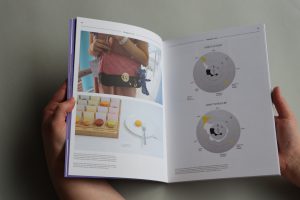
ENGAGE
Reconsidering entrepreneurship as a grassroots movement. Despite challenging conditions, grassroots entrepreneurs in all corners of the world are able to combine creativity, business strategy and social value creation in order to effect meaningful change. A groundswell that aims to balance one’s need for commerce with one’s respect for the environment and culture that surrounds them.
Featured article: ‘Redefining communities through entrepreneurship’. By Kelvin Kaari & Cal Bruns (Matchboxology, South Africa) and Yuki Uchida (Re:public, Japan).
SUSTAIN
Considering how designers participate in global activism and how design researchers help paving the way. It describes how design practice works in adventurous new settings, in which change is desperately needed. Rather than render an intimate view of local problems, it draws our imagination to the wider context associated with a global scale.
Featured article: Facing global climate challenges locally. By Bas Raijmakers & Nina Stegeman (STBY, UK and Netherlands), José de la O (delaO design studio, Mexico), Ayush Chauhan (Quicksand, India) and Camila Boga & Kleber Puchaski (Flutter Innovation, Brazil).
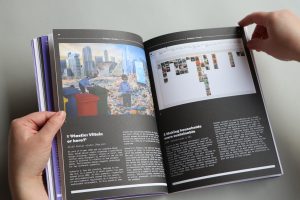
PROBE
Bringing about meaningful change in communities where people are ‘just’ trying to survive life’s day to day challenges, needs courage, vision and a good dose of imagination. This section addresses Design fiction as a practice that has the potential to trigger people’s inventiveness, even of those who cannot see beyond today’s challenges about what should and could be done in the future.
Featured article: ‘Finding common ground in Design Fiction’. By Cal Bruns (Matchboxology, South Africa), Aditya Prakash (Quicksand, India) and José de la O (delaO design studio, Mexico).
PLAY
As Heraclitus, the Greek philosopher once said: “Change is the only constant in life.” However, success in bringing meaningful change is never guaranteed. In fact, change is often met with resistance as this section illustrates. Whether it comes to physiological barriers, or resistance as a socio-cultural phenomenon, a research or design consultant should be ready to face the multiple forms of resistance that can come up during projects and to eventually ‘play’ with it.
Featured article: ‘Making sense of resistance.’ By Michael Davis-Burchat (Big Human, Canada), and Slava Kozlov & Katerina Khomenchuk (Summ( )n Futures, Russia and Netherlands).
WORK
Offering ways of re-humanizing organisations for meaningful and caring outcomes. Practices that positively impact culture and bridge the gap between how people feel and how they could feel at work.
The appetite for meaning at work recognizes that the essence of work is increasingly used to produce knowledge. Either instead of producing things, or in addition to producing them. By introducing a renewed focus on meaning, one considers the why of work, rather than simply the what.
Featured article: ‘Reflective Practices for Meaningful Cultures’ is co-authored by Daniel Szuc & Jo Wong (Apogee, Hong Kong), Lekshmy Parameswaran & Laszlo Herczeg (The Care Lab, Spain) and Nicolas Gaudron & Virginia Cruz (IDSL, France).
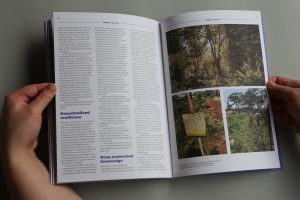
CONNECT
Helping to understand the momentum for the ‘return of the local’ better, and help us realise that local sustainable knowledge about food production, biodiversity, and forest ecosystems might play a key role in facing the challenges of the most recent period in earth’s history: The Anthropocene.
Featured article: ‘The return of the local’. By Babitha George & Romit Ray (Quicksand, India) and Rikke Ulk (Antropologerne, Denmark).
Catalysts: Thoughts on Design Research for Meaningful Change is available to buy here.
